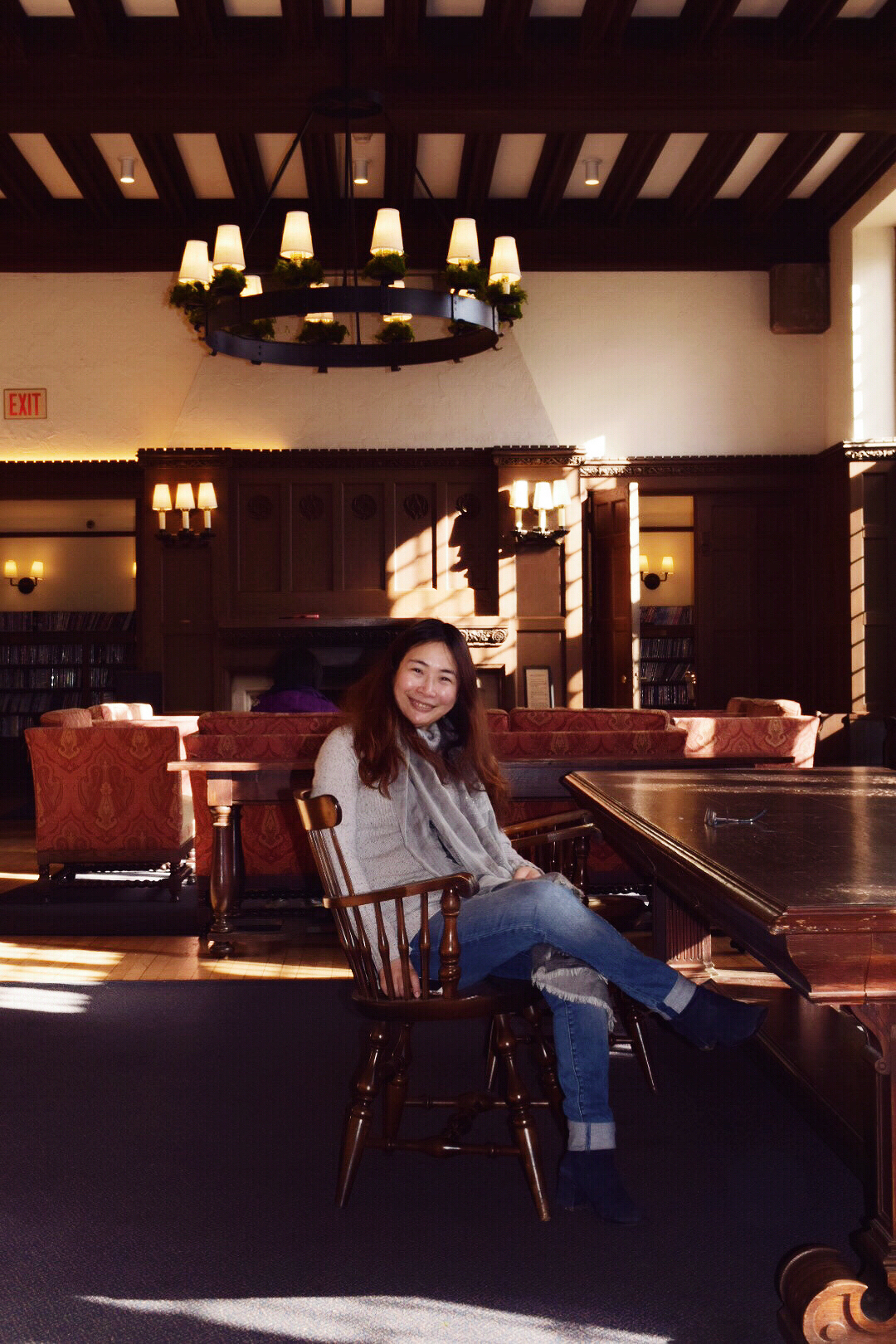
Xu Lanjun
BRIEF BIO
Xu Lanjun (NUS) is an Associate Professor of Chinese Studies at the National University of Singapore. She received her B.A. and M.A. from Peking University, and Ph.D. from Princeton University. Her research interests include modern Chinese literature and culture, cultural history of children and youth in modern China, cold war politics and Chinese cinemas in Asia. She is the author of Chinese Children and War: Education, Nation and Popular Culture (in Chinese) (Peking University Press, 2015). She has recently completed an English book manuscript tentatively titled The Child and Chinese Modernity: Culture, Nation and Technologies of Childhood in Modern China. She is currently working on two projects: Transnational Cultural Networks and Asian Internationalism: China and Cultural Mobility in Cold War Southeast Asia (1940s-1960s), and Sinophone Childhoods and the Chinese Cold War in Asia.
CURRENT AND FUTURE PROJECTS
Currently, she is working on a project titled Transnational Cultural Networks and Asian Internationalism: China and Cultural Mobility in Cold War Southeast Asia (1940s-1960s). By examining the flow of Chinese literature, cinema, radio, and theatres in Southeast Asia, her project employs a perspective of “inter-Asian connections” to study the complexity and multidimensionality of China’s cultural presence in this region within the context of the changing social and political milieu of the 1950s and 1960s. This project also aims to examine how Chinese cultural resources such as media and the arts were deployed by local elites to serve their ideological beliefs and develop their cultural identities. What were the key explanatory factors (socio-political, intellectual, ethnic, and diplomatic) that shaped such transnational cultural networks in the film industry, literary publication, broadcasting, and theatre performance? What was the role of Hong Kong and Singapore in building the ideological and cultural linkages between the two? In order to answer these questions, this project will examine the cultural institutions the “new China” built for the international distribution and circulation of its cultural products, such as the Foreign Languages Press, the International Bookstore, and the Southern Film Company, and local agents that imported Chinese culture into the region, as well as important intellectuals and cultural figures. Through historicizing the connection with or disconnection from China in the Southeast Asian region in light of the Cold War history of cultural transnationalism, she argues that the “China factor” in Southeast Asia can be interpreted in the framework of the PRC regime’s diaspora propaganda, but should be also examined by engaging with some other contemporary transnational cultural paradigms such as Sinophone studies and studies on Chinese Cold War in Asia.